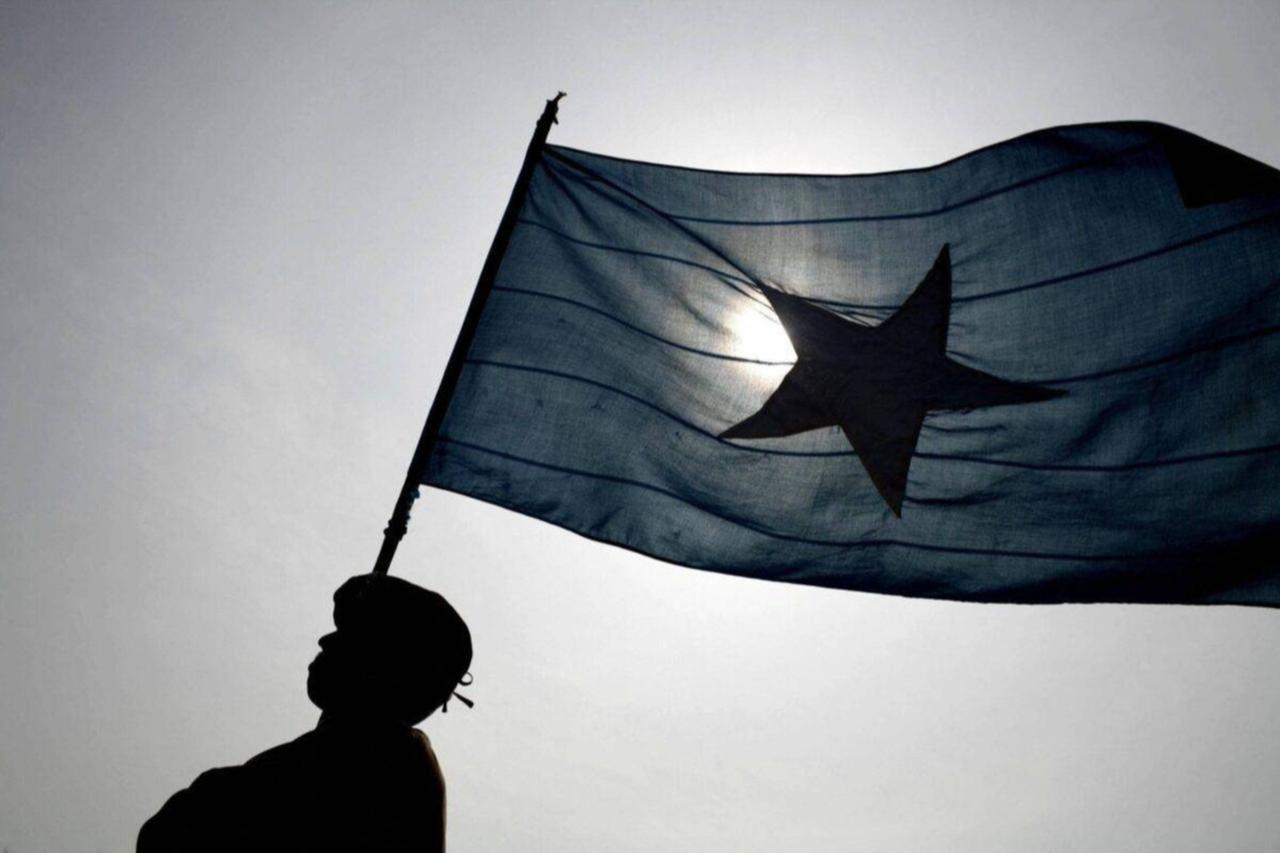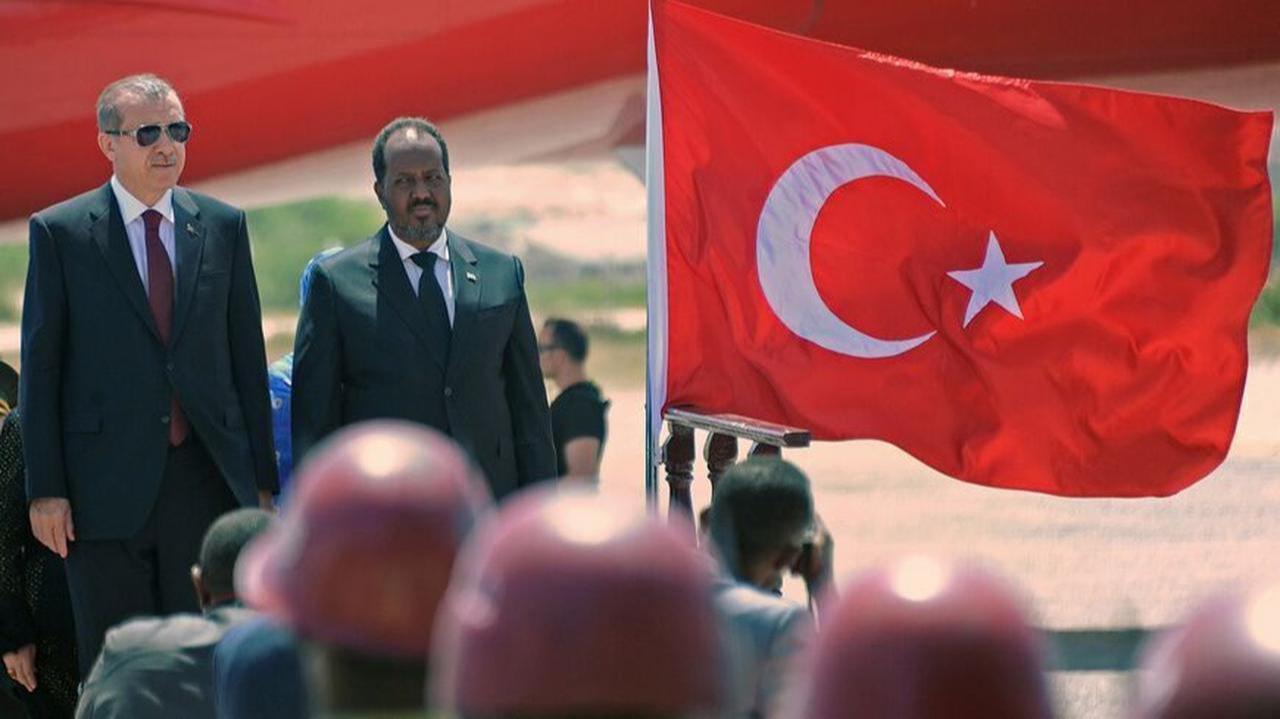
Somalia's top economic official highlighted the Horn of Africa nation's transformation from aid recipient to investment destination on Wednesday, praising Türkiye as a leading partner in the country's infrastructure development.
Hassan Adam Hosow, chief economic adviser to Somalia's president and executive director of the National Economic Council, said Türkiye has emerged as a front-runner among international investors in Somalia's recovery.
"Somalia is an investment destination rather than a country that needs to be helped in terms of aid, and Türkiye has made investments in its infrastructure, airports, seaports, and many social sectors," Hosow told Anadolu news agency.
The economic adviser noted Türkiye's state-run Ziraat Bank recently opened operations in Somalia, giving Ankara "the first mover advantage" in the country's banking sector.
Somalia's economy has maintained steady growth since beginning its recovery in 2012, with an average 4% expansion over the past two years—exceeding growth rates in most countries globally, according to Hosow.
The country achieved a major milestone in 2023 with comprehensive debt relief, reducing its debt burden from 64% of GDP to just 6%—a level Hosow described as "manageable."
"Countries with debt can't grow economically, as all they just is pay debt service," Hosow explained. "We feel now that 6% of debt would give us a lot of fiscal space that we need first to rely on ourselves."
The debt relief effort, which began under President Hassan Sheikh Mohamud's first term and concluded during his current presidency, has opened new opportunities for investment and spending on development priorities.
Somalia is positioning itself as an attractive destination for foreign investment, citing its untapped natural resources and strategic location. The country boasts Africa's longest coastline and aims to develop as a regional logistics hub.
"We want industrialization to develop, we want to benefit from natural resources, oil and gas that Türkiye has been helping us discover," Hosow said, referring to landmark offshore exploration by Türkiye that began last year.
The private sector has driven much of Somalia's recent economic growth, with the service sector leading development in areas where the country can compete effectively, according to Hosow.

The relationship between Somalia and Türkiye strengthened significantly after Turkish President Recep Tayyip Erdogan visited the country in 2011—the first non-African leader to do so in over 20 years.
Since then, Türkiye has established strong historical ties with Somalia based on "win-win" relations, implementing more than 150 development aid projects through the Turkish Cooperation and Coordination Agency.
Türkiye operates its largest embassy in Africa in Mogadishu and built its largest overseas military facility there to train the Somali National Army.
Somalia has outlined ambitious development goals through its Centennial Vision 2060, which aims to transform the country into a developed, prosperous nation with citizens earning approximately $7,000 in annual per capita income by the 100th anniversary of its independence in 1960.